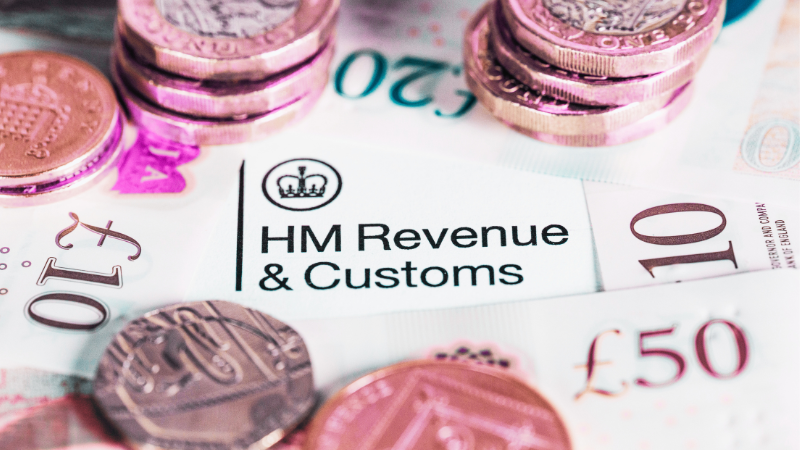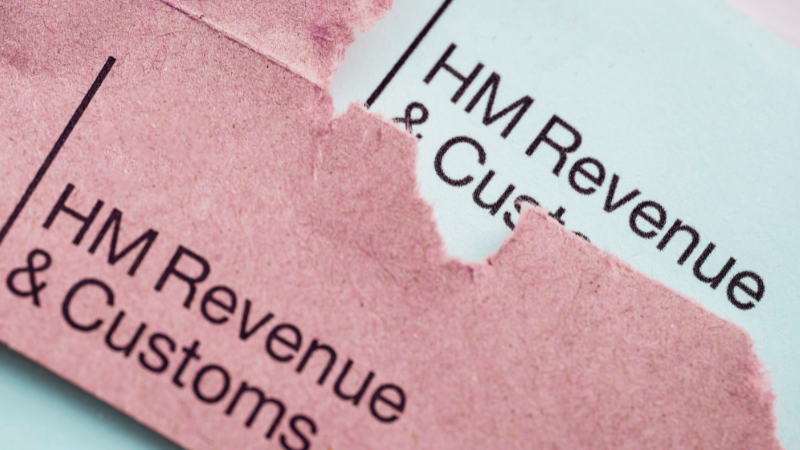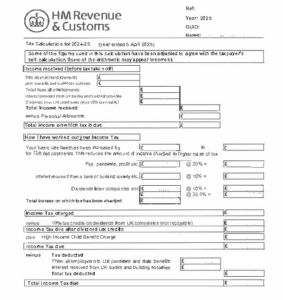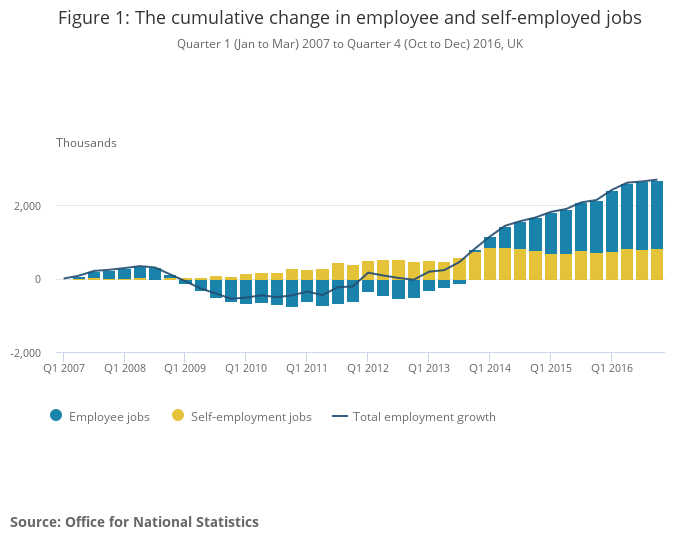Getting a mortgage when you’re self-employed can be challenging, but it isn’t impossible.
One way of proving your income in the mortgage application is using your net profit amount.
You can apply for a larger mortgage if your net profit exceeds your income and dividends.
Here’s everything you need to know about getting a self-employed mortgage using net profits.
Can You Get a Self-Employed Mortgage Using Net Profits?
Yes. Some lenders allow you to apply for a self-employed mortgage using the net profit you generate as a sole trader or business owner.
They’re usually called net profit mortgages and differ from standard mortgages based on how the lender determines your affordability.
Instead of using your salary or other income source, the lender uses the net profit from your business to determine how much you can borrow.
Can You Get a Self-Employed Mortgage Using Gross Profits?
Some lenders offer gross profit mortgages or self-employed borrowers, but they’re harder to find.
Most lenders will assess your affordability based on net profits because they provide a more accurate picture of the funds you have at your disposal after accounting for all expenses.
If you’re a sole trader or are self-employed, the gross profit is the total revenue or income minus the cost of goods or services sold.
However, it only gives an initial snapshot of your financial health before accounting for all other costs and expenses like rent and utilities.
The net profit considers all operating expenses, taxes, and interest paid on loans. Lenders use the net profit figure to determine how much they can afford to borrow.
Who Can Qualify for a Self-Employed Mortgage Using Net Profit?
You can qualify for a self-employed mortgage using net profit if you earn an income from a business you own outright or a business your share that generates profit.
Lenders will calculate affordability differently based on the nature of your self-employment. Eligible applicants can include:
Sole Traders
If you’re a sole trader, you can calculate your net profit by totalling all the income for the year and deducting your business expenses and operating costs.
If you plan on applying for a mortgage in the next few years but want to invest heavily in your business, professional advice can help you make an informed decision.
Partners
You can qualify for a net profit mortgage if you have at least a 25% interest in the partnership.
Your net profit as a partner will be calculated in much the same way as a sole trader and will involve deducting costs and expenses from the total income earned by all partners combined.
The profits are then distributed based on each partner’s contribution, so it’s crucial to ensure you keep accurate records.
Some lenders also require all partners to be signatories to approve loan applications.
Related reading:
- Reasons for remortgaging.
- Remortgaging to release equity.
- Remortgaging to buy another property.
- Remortgaging with bad credit.
- Remortgaging for home improvements.
- I own my house outright can I remortgage?
- Capital raising mortgages.
Company Directors
Most lenders will only consider a director’s salary and dividends toward affordability calculations.
If you’re a director of a company and have decided not to withdraw all your profits (retained profit), most lenders will limit your borrowing to the income you have drawn.
This is based on the argument that you should only borrow based on the actual personal earned and taxable income.
If you’ve technically not drawn the income, then it belongs to the company and not you.
However, not all lenders are the same. Some allow directors to use the retained net profits to count towards income when assessing affordability.
What Income Evidence Do You Need to Get a Self-Employed Mortgage Using Net Profits?
Most lenders require at least two years of accounts as proof of income to qualify for a self-employed mortgage using net profits.
It’s still possible to get a mortgage if you’ve been trading for less than two years, but you’ll have a restricted number of lenders and products you can access.
In most cases, lenders use an average of two years’ accounts to assess affordability.
Some lenders can use the figure of your most recent income if it’s higher than the average, while others can use the lower of the two.
Mortgage providers prefer certified accounts, but they’ll also accept SA302 tax returns and recent bank statements, usually from the last three months.
How Much Can You Borrow with a Self-Employed Mortgage Using Net Profits?
The amount you can borrow will depend on the net profit, with many lenders using income multipliers for affordability assessments.
The lender takes your annual net profit and multiplies it by a set figure, typically ranging from three to five times your income.
For example: £60,000 income x 3 = £180,000 mortgage.
Most lenders allow you to borrow up to 4.5 times your income. Others limit it to three times, while some can go as high as five times.
How Much Deposit Do You Need?
The deposit requirements for a self-employed mortgage using net profits are similar to other types of residential mortgages.
Most lenders will expect you to put down at least 10%, but this could rise depending on the level of risk.
For example, if you only have a trading history of one year or less, the lender might ask for a 15% deposit to offset the risk. Some flexible lenders can also offer low deposit deals.
The terms available are usually restricted by the small pool of lenders who consider applications based on net profits.
You can access a higher number of mortgage lenders by having a deposit of 20% to 25%.
What are the Eligibility Criteria for a Self-Employed Mortgage Using Net Profits?
Lenders apply specific eligibility criteria, which can include:
- Credit history – Bad credit can make it challenging to access a mortgage, but you can find a suitable lender through a broker.
- Loan to value (LTV) ratio – This will determine the amount of deposit you need.
- Age – Some lenders impose age restrictions, such as requiring the mortgage not to exceed your 75th birthday.
- Profession
- Property type
Final Thoughts
Consulting an experienced, whole-of-market broker can help you secure the best deal on a self-employed mortgage using net profits.
Such mortgages are a specialist type of home loan, so you must approach the right lender who can approve the application based on your circumstances.
Call us today on 03330906030 or contact us to speak to one of our friendly advisors.











